This content originally appeared on DEV Community and was authored by grace
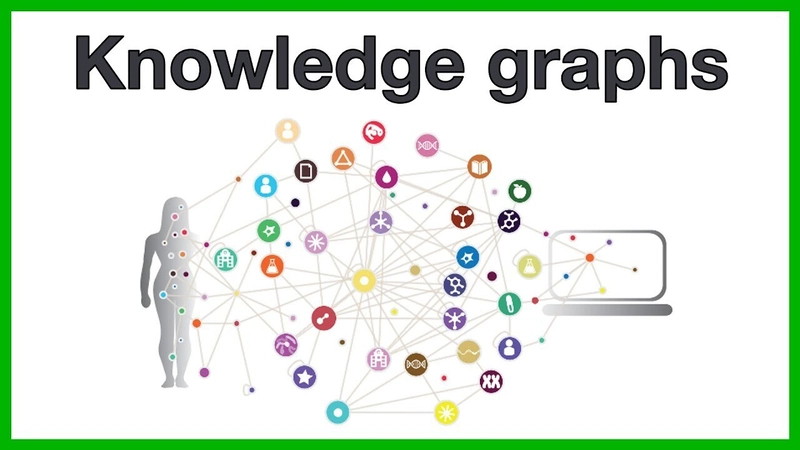 universal reasoning across knowledge graphs…
universal reasoning across knowledge graphs…
Knowledge graphs (KGs) have several connections to ethics, particularly in the realms of data management, artificial intelligence, and decision-making processes.
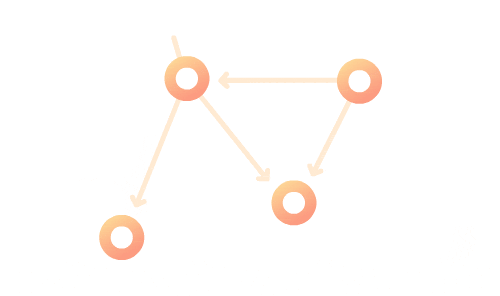
Knowledge graphs (KGs) are useful for organising and reasoning over vast amounts of information….
But until now, each KG required its own specialised model, making it difficult to transfer knowledge between them.
The need for specialized models for each knowledge graph (KG) arises from several key factors:
Different Structures: Each knowledge graph can have its unique schema, including different types of entities, relationships, and hierarchies. This diversity means that a model trained on one KG might not be able to understand or process another KG without significant adjustments.
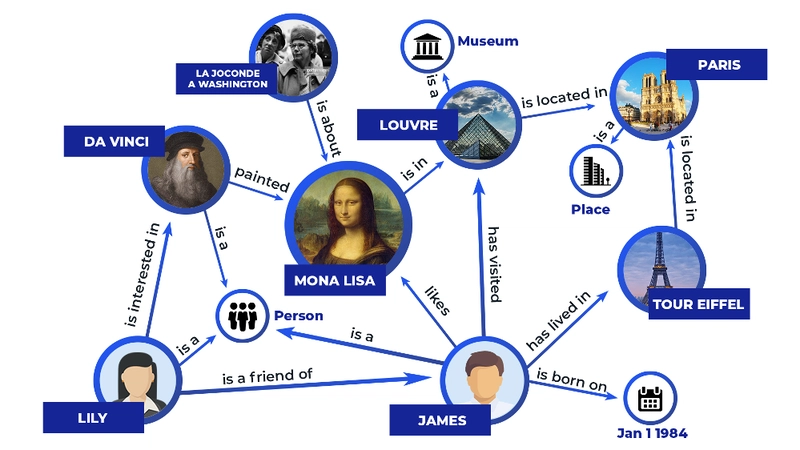
Domain-Specific Knowledge: KGs are often tailored to specific domains (e.g., healthcare, finance, or social networks) with distinct vocabularies and contexts. A model optimized for one domain may lack the necessary context and understanding to work effectively with another.
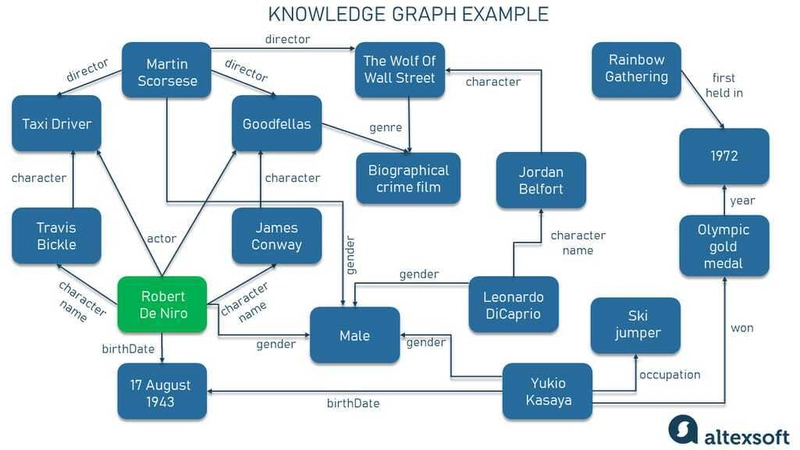
Varied Data Representations: The way information is represented within each KG can differ. Some KGs may use specific encoding or serialization formats (e.g., RDF, OWL), while others might have different ways of organizing data. This variety necessitates different preprocessing and handling techniques for each model.

Training Data: The datasets used to train models on KGs are often limited to the specific knowledge contained in that KG. If the model encounters new entities or relations not represented in its training data, it may struggle to make sense of them, leading to poor generalisation.
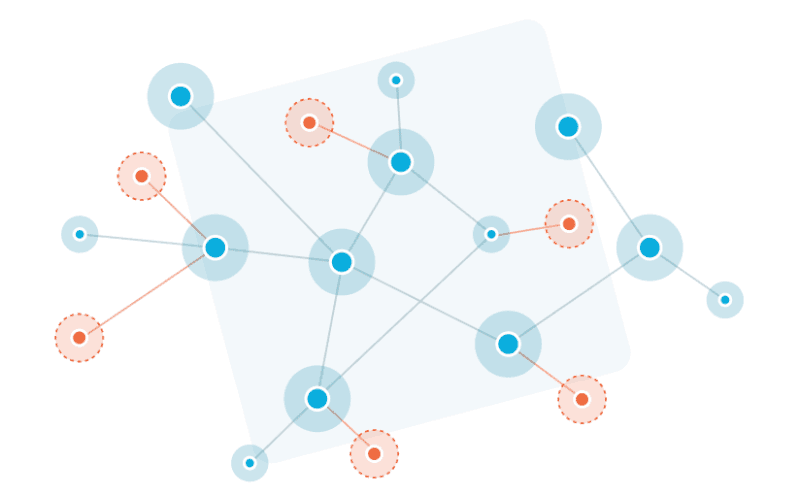
Reasoning Mechanisms: Different KGs may require different reasoning mechanisms based on their specific structures and relationships. A model designed for one reasoning style may not perform well when applied to another KG with different reasoning requirements.
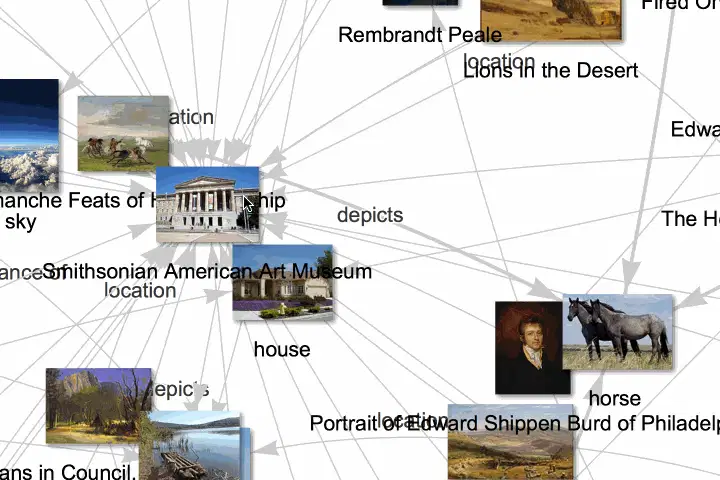
Knowledge Transfer Limitations: Without a unified framework, transferring knowledge learned from one KG to another becomes cumbersome. Each model’s inability to generalize across KGs limits the potential for leveraging insights and relationships that could be beneficial in other contexts.
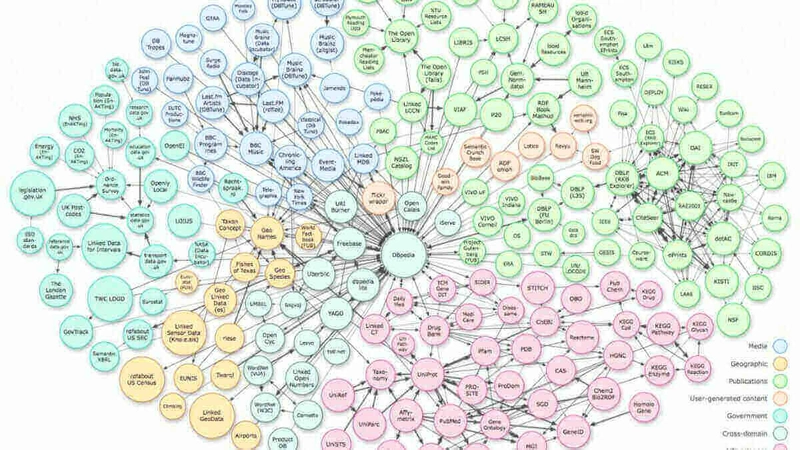
Computational Complexity: Training specialised models for each KG can be computationally expensive and time-consuming. Maintaining and updating multiple models for various KGs can strain resources and hinder efficiency.
a unified approach, like KG-ICL, to address these challenges, allows for more flexible knowledge sharing and reasoning capabilities across different KGs without the need for extensive model retraining or redesign
A newer approach called KG-ICL (Knowledge Graph In-Context Learning) can change that in enabling one model to reason over any KG.
how ?:
A “prompt graph” around the query, us created to provide relevant context.
A unified tokeniser maps entities & relations to predefined tokens, so that the model can handle unseen elements.
3.use of 2 neural networks : 1 for encoding a prompt graph, & second to reasoning over the KG.
The result = a model which can generalise to entirely new KGs, even in settings where the entities & relations are entirely unknown (inductive reasoning).
When tested on different KGs,the KG-ICL was able to outperform baselines on most datasets analysed, indicating strong universal reasoning capabilities which could enable increasingly flexible & powerful Q&a-answering systems built on the vast knowledge contained in KGs.
LLMs + KGs = 
I intend to follow the latest LLM research via sites like llmwatch.com I gave a few in my inbox just waiting!
I think it’s important that efforts are part of the learning and growth and development process because it enables us to look into the infrastructure and all the moving parts to consider the fair and ethical practices that might be required in future innovations based upon lessons learned along the way!
- Ways ethicists can mitigate Bias and Fairness
• An ethicists can mitigate bias with diverse data collection methodologies:
… ethical practices would encourage professionals to actively seek out and include diverse data sources when constructing KGs to ensure representation from various demographics and perspectives.
• Ethical practices would encourage professionals to address bias in audits: Implementing regular audits to identify and assess biases within KGs with the Use of techniques like fairness metrics to evaluate the impact of biases on decision-making.
• ethical practices would encourage professionals to raise Community Involvement: Involving stakeholders from diverse backgrounds in the development process to provide input and feedback, ensuring that multiple viewpoints are considered.
- Transparency and Explainability
• Documentation Standards: ethical practices would encourage professionals to Establish clear documentation standards for KGs, detailing how they are built, the data sources used, and the reasoning processes applied.
• Explainable AI Techniques: ethical practices would encourage professionals to use explainable AI methods to clarify how KGs influence decisions. Provide visualizations or textual explanations to help users understand the reasoning behind specific outcomes.
• User Training: ethical practices would encourage professionals to offer training for end-users on how to interpret the results and decisions derived from KGs, promoting better understanding and trust.
- Privacy and Data Protection
• Data Anonymisation: ethical practices would encourage professionals to Implement strong data anonymisation techniques to protect individuals’ privacy when constructing and using KGs.
• User Consent Policies: ethical practices would encourage professionals to ensure transparent policies regarding data collection and use, obtaining explicit consent from users when incorporating their data into KGs.
• Compliance Frameworks: ethical practices would encourage professionals to establish compliance frameworks aligned with data protection regulations (e.g., GDPR) to govern the handling of sensitive information.
- Accountability
• Clear Responsibility Guidelines: ethical practices would encourage professionals to define and document roles and responsibilities for stakeholders involved in KG development and deployment, clarifying who is accountable for outcomes.
• Error Reporting Mechanisms: ethical practices would encourage professionals to create transparent error reporting mechanisms that allow users to flag issues or inaccuracies in KG-driven decisions, facilitating timely corrections.
• ethical practices would encourage professionals to join ethical review boards: Establish independent ethical review boards to oversee KG projects, ensuring that ethical considerations are integrated into the development and implementation processes.
- Inductive Reasoning and Misuse
• Robust Testing and Validation: ethical practices would encourage professionals to Implement rigorous testing protocols to validate the reasoning capabilities of KGs, ensuring that they generalize correctly and do not lead to erroneous conclusions.
• Use Case Limitations:ethical practices would encourage professionals to Clearly define and communicate the appropriate use cases for KGs, warning against potential misuse or over-reliance on automated reasoning systems.
• Monitoring and Feedback Loops: ethical practices would encourage professionals to Create feedback loops to monitor the performance of KG-based systems continuously. Use insights gained to refine the models and address any issues that arise.
- Inclusivity and Accessibility
•Multi-Language Support: ethical practices would encourage professionals to Ensure that KGs support multiple languages and dialects to accommodate diverse populations and increase accessibility.
• Cultural Relevance: ethical practices would encourage professionals to Engage with cultural experts to assess and enhance the cultural relevance of the information represented in KGs.
• Accessible Interfaces: ethical practices would encourage professionals to Develop user interfaces for interacting with KGs that are accessible to people with disabilities, ensuring equal access to knowledge.
- Environmental Impact
• Efficient Algorithms: ethical practices would encourage professionals to Invest in research and development of more efficient algorithms and data structures to reduce the computational resources required for maintaining KGs.
• Sustainable Practices: ethical practices would encourage professionals to Adopt sustainable practices in data centre operations, such as using renewable energy sources and optimising resource usage to minimise the environmental footprint.
•Lifecycle Assessments: ethical practices would encourage professionals to Conduct lifecycle assessments of the resources involved in KG development and maintenance to identify areas for improvement and promote sustainability.
By implementing these solutions, stakeholders can address the ethical concerns associated with knowledge graphs and promote their responsible use in society.
This content originally appeared on DEV Community and was authored by grace